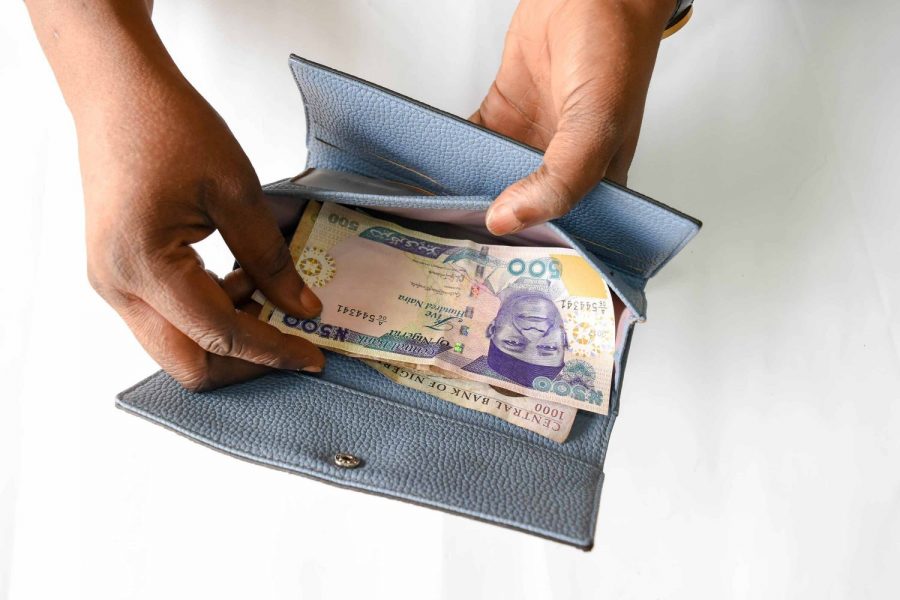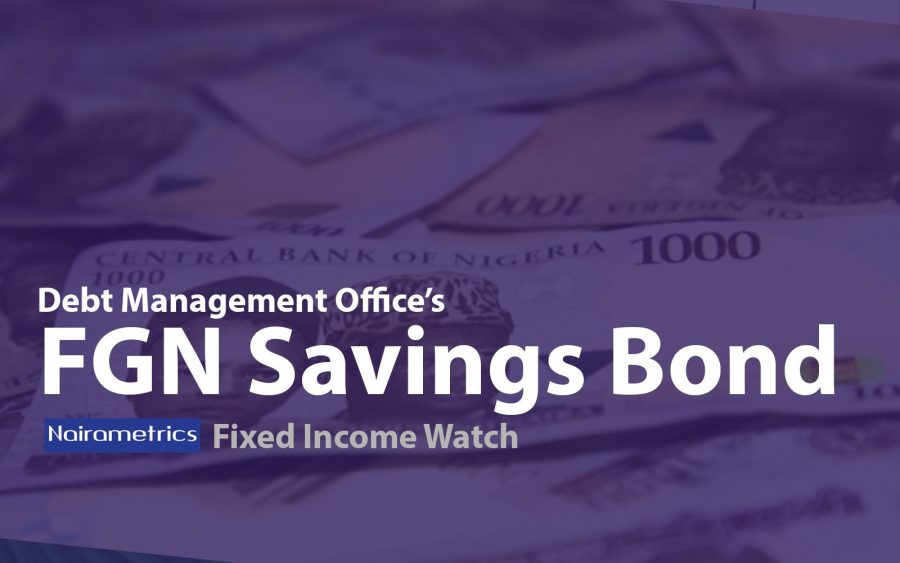I recently listened to a track titled ‘money trees’ by one of my favourite rap artists – Kendrick Lamar on his “Good Kid Maad City” album and was blown away.
“We all have dreams of getting shaded under a money tree” but if wishes were horses, beggars would ride.

Enough of the metaphors and back to reality… Whilst money doesn’t grow on trees, it is necessary to cultivate certain habits and avoid others that would affect our future income under economic uncertainties.
Saving
Saving is basically setting aside money from what you earn for a future purchase or to safeguard oneself against emergencies. Ideally, savings is money that can be easily accessible with little or no risk.
[READ MORE: Would you have invested in buying a plot of land in Abuja FCT in 1980?)
It is a basic and essential skill/habit because it helps create capital, which can fund productivity. An individual or society that spends more than what it earns or doesn’t save will eventually meet its Waterloo.
As political, economic and financial activities develop especially for worse, it becomes difficult to save, especially in an inflation ravaged economy.
A critical question to ask is what currency is ideal to save in considering the depreciation in value of currencies over time. Should one save in Naira, dollar or euros and what proportion is ideal?

Investing
When you have saved a considerable amount of money, the next action is to put it to productive use so more interest can be generated and ultimately wealth creation occurs over a period of time.
Investment is simply the process of making your money work for you by allocating capital to a venture with hopes of security of principal and additional interest.
However, with investment comes risk and the possibility of loss of capital depending on what asset an individual invests in and economic conditions that prevail.
If the stock of a non-performing company is purchased, an investment thoroughly analyzed at inception can go bust, while enormous returns can be delivered if a company exceeds expectations.
Just like the fears earlier noted for savings in Nigeria, investing profitably may become harder, riskier and unlikely to work out for the greater good if currency inflation, taxation and regulation are turned up by the government who may try to intervene in the economy. My fears are that these issues will continue to rise in future.
READ MORE: Investing & Gambling: Differences and Where They Intersect

Speculation
Speculation is the buying of an asset or financial instrument with the hope that the price will increase in future. It could also be the process of capitalizing on government-caused distortions in the markets.
While an investor is mainly concerned with the fundamental value of his asset, a speculator is only concerned with market price movements. For example, a speculator doesn’t really care if a company is performing well or not, he only cares about whether or not he can make a profit from trading a financial asset.
There are two types of speculators:
- Bullish speculator: Expects prices of securities to rise, therefore positions himself.
- Bearish speculator: Expects prices of securities to fall, therefore sells quickly aiming to make a profit so as to repurchase the security at a lower price at some point in future.
Speculators can help improve the welfare of an economy as they are willing to take on greater investment risk than the average investor especially in times of uncertainty. They also add liquidity to the markets.
However, through their activities, speculators can cause asset prices to be pushed beyond reasonable levels which can lead to economic bubbles and busts.

Trading
A trader is a short term market player who sits in front of the computer screen trying to buy low and sell high all day often scalping for fractions just to make a gain.
There are certain perspectives trying to compare the activities of trading and gambling stating how similar they are.
[READ ALSO: Adopt these 9 traits, become a successful entrepreneur)
Gambling
The word gambling leaves a bad taste in people’s mouths as they often imagine greed and reckless spending.
To gamble means to play games of chance for money or to take risky action in the hope of a desired result (money or material gain).

Similarities & Differences between trading and gambling



READ ALSO: SEC outlines derivatives market as major plan for 2020
For example, trading will not be gambling if you’re a banker lending money to some agricultural businesses and decide to hedge the portfolio of loans with an interest rate derivative.
















